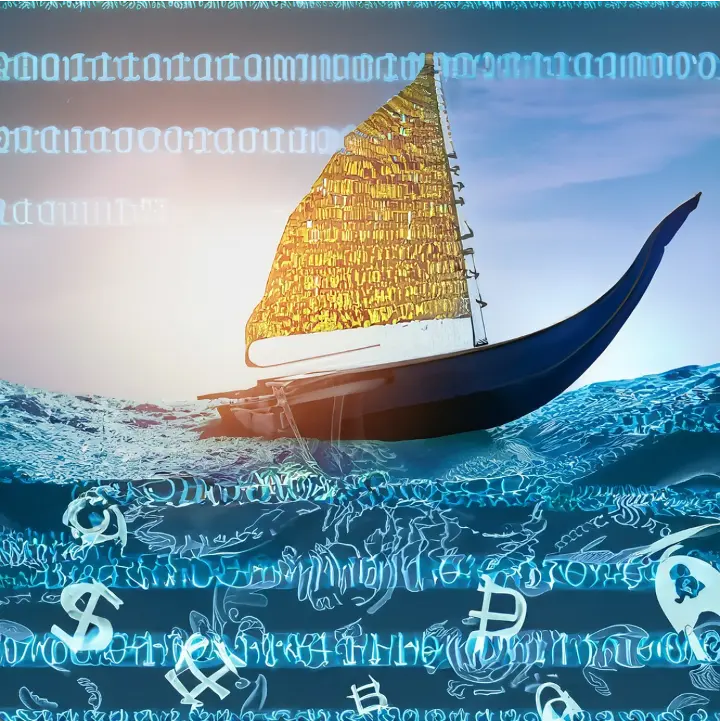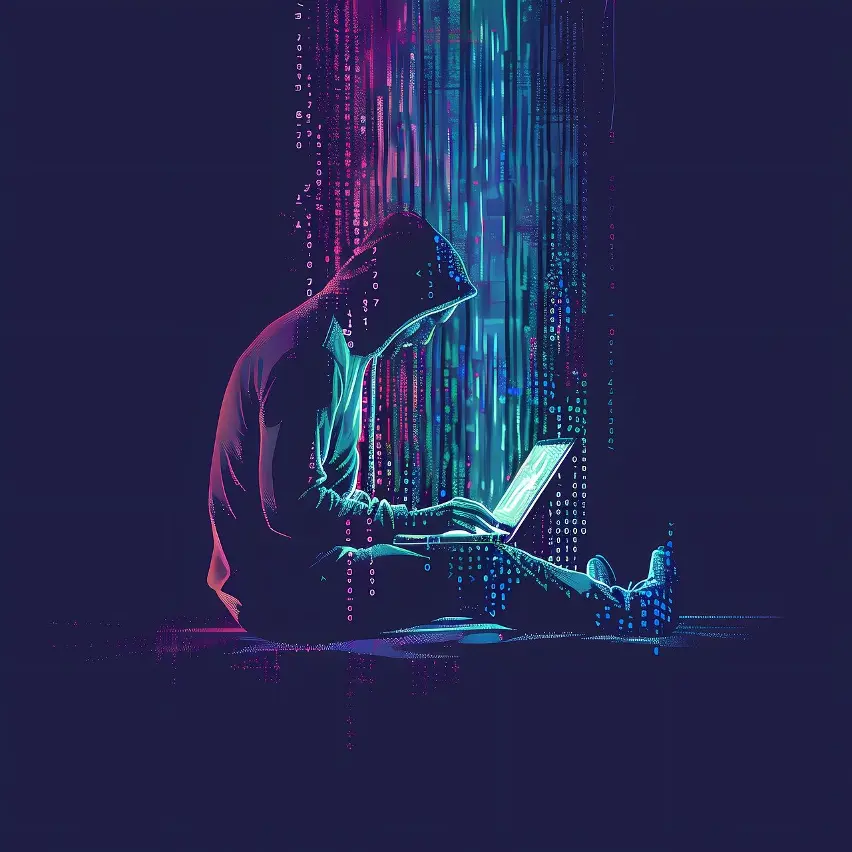
Being safe online is just as important as staying safe in the sun, especially in our gorgeous Maldives with its breathtaking beaches and abundant marine life. We use the internet for a wide range of purposes including managing our finances or staying in touch with loved ones and more. However, we must exercise caution online due to hidden threats, much like the powerful ocean currents surrounding our islands.
Imagine seeing an email from your bank, but actually, it’s a very subtle phishing email trying to fish out your personal details by pretense. Or maybe you unknowingly download malware or a virus, which will find its way into your gadget and have a party with your data. We all hear stories of people in the Maldives becoming prey to identity theft and online fraud—these are fears well founded.

Don’t worry though, there are easy things we can do to keep ourselves safe online. Together, let us review them:
Use Strong Passwords
Please, remember that you should secure your online account just as you want to secure your cozy island home. Make sure every account has a different robust password, which will be used as a very powerful lock for your door. Consider using a password manager that helps in creating and easily recalling very powerful passwords, and avoid repeating one password on all platforms. That second piece to two-factor authentication is kind of like having a good friend who is vetting who is at the door to come into the house.
Click With Caution
Use caution when opening attachments from strangers or clicking on dubious links. Some phishing scams are so brilliant that they even appear as authentic electronic mails from banks, social media, or the government. One should never believe that something is too good to be true because if it is, then really, no. Never click if you are not sure!
Be careful on Socials
Although social media can be a wonderful tool for maintaining relationships with loved ones, exercise caution when posting anything online. Don’t post personal information about yourself, such as your address or date of birth, on your social media. You wouldn’t give this sort of information to a stranger on the street, similarly don’t give it to a stranger on the internet. Be careful to accept friend requests only from people you know in the real world. You should also consider carefully before clicking on links or downloading files shared on social media.
Keep your devices upto date
Older software makes you more susceptible to attacks, much like a boat with leaky holes. Regularly check for the latest security updates in your web browser, operating system, and other computer applications.
Shop Online Safely
Always ensure, whenever you are conducting your online purchases, to only visit the websites with a secure connection. Confirm the presence of the lock icon in the bar of your browser and the start of the URL with “https.” Where dealing with financial transactions, make use of trusted payment methods and stick to trusted merchants and stay off public Wi-Fi. It is better to be safe than sorry when it comes to online deals that seem too good to be true.
Secure your data
The same way that you prepare for the rainy season, have a backup plan in case of system failure or a hack. Make sure that you back up your important data to the cloud or another device from time to time so that you will be able to restore it in the case of any digital disaster, saving you from invaluable memories or documents.
Keep Up with the Latest
Things in this field change all the time, so should you with new threats and approaches to security. You can monitor the latest developments from Maldivian authorities, relevant organizations, and local experts and resources.
Watch Out for Local Scams
Quite a number of the localized scams are targeted at locals and tourists in the Maldives. Most of these come via SMS, Viber, WhatsApp, Telegram, and sometimes even Snapchat. Moreover, scamming was also done using phishing campaigns by scammers through hijacking the social media account. Ignore any call or message from anything or anyone pretending to be from the Bank of Maldives (BML) asking for your OTP or any personal information at all costs! BML will never do this. Fake government housing schemes employ similar strategies.
Use Legal Software
Maldivians are most often tempted by the use of pirated copies of world-renowned software such as Adobe, Microsoft Office, and AutoCAD. Most of the time, the cracked software that we download from those torrent sites has either backdoors or hidden viruses. That way, people expose their data and their devices to online threats while the business does. Look for legal alternatives, e.g., open-source software, or purchase a license before using pirated software, which may contradict licensing agreements and expose one to lawsuits. Even though it might seem expensive initially the best option is to invest in genuine software that offers updates and technical support. This way you won’t have to spend extra money buying peace of mind to protect against cyber threats.
Remember, staying safe online is a shared responsibility. We can safely navigate digital waters and take advantage of technology’s many benefits without becoming victims of cyber threats if we adhere to these basic guidelines and exercise caution. Let’s work together to create a safer online environment for ourselves and future generations in the Maldives.